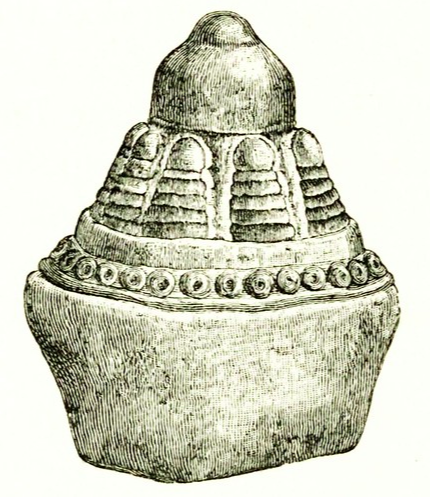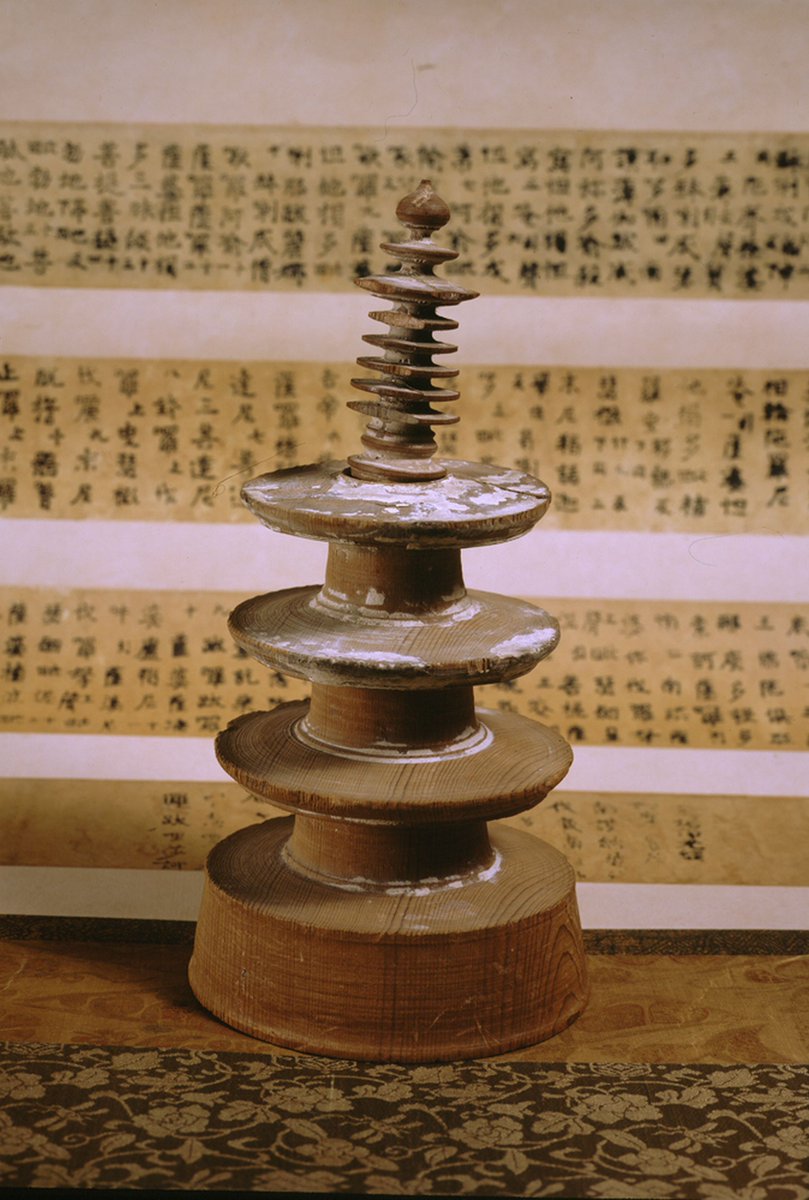The first ever printed document wasn’t Gutenberg’s bible. It was a sutra. 10s of k were printed (!). In the 7th C (!!). In a language people couldn’t read (!!!).Enclosed in statues, people couldn’t even see them (!!!!). A thread on how propaganda works, and doesn’t work. 1/10
Empress Wu was not to be trifled with. Concubine of emperor Taizong, she should have been confined to a monastery after his death but she escaped nunnery to become the concubine of his successor (and son by another concubine). 2/10
From that position, she ruthlessly eliminated her rivals (possibly killing her infant daughter to frame a favored concubine in the process). After the (new) emperor’s death, she became empress dowager. Through poisoning she consolidated her power until she reigned supreme. 3/10
She had several lovers, one being a fanatical Buddhist monk (whom she would later have beaten to death). Buddhism also played an important political role, as she used it to legitimize her power. 4/10
She could have tried to convert people by flooding the country with pro-Buddhist propaganda. Instead, she had thousands of copies of a Buddhist sutra, the ‘Great spell of unsullied pure light’ printed, in Sanskrit, and incased in miniature stupas. 5/10
Why on earth would she do that? As an “assertion of power and of control of resources,” Kornicki suggests (about a 8th C Japanese Empress who used exactly the same trick, with a million copies of the sutra printed and enclosed in mini-pagodas) 6/10
By and large, propaganda isn’t used to persuade, but to demonstrate one’s power. Mass persuasion is tremendously difficult to achieve, especially coming from widely despised governments. 7/10
By contrast, a display of power is inherently convincing. Being able to pull a feat such as producing dozens of thousands of small statues containing a religious spell shows one has deep pockets and vast organizational resources. 8/10
Another great example can be found in this thread on how Putin uses his favorite hockey team not to gain prestige through success, but to show he can flaunt all the rules https://twitter.com/slavamalamud/status/971595788315918336?lang=en 9/10
On Wu and printing: https://yalebooks.yale.edu/book/9780300127287/woman-who-discovered-printing
On Shōtoku and printing: https://www.cambridge.org/core/journals/international-journal-of-asian-studies/article/hyakumanto-darani-and-the-origins-of-printing-in-eighthcentury-japan/CFF689ABB89B176CC9355D2FE7E8DAA6
On propaganda and influence, see for instance my recent: https://www.amazon.com/Not-Born-Yesterday-Science-Believe/dp/0691178704/ 10/10
On Shōtoku and printing: https://www.cambridge.org/core/journals/international-journal-of-asian-studies/article/hyakumanto-darani-and-the-origins-of-printing-in-eighthcentury-japan/CFF689ABB89B176CC9355D2FE7E8DAA6
On propaganda and influence, see for instance my recent: https://www.amazon.com/Not-Born-Yesterday-Science-Believe/dp/0691178704/ 10/10
And today is Wu's (presumed) birthday! Happy birthday, somewhat psychopathic Empress!
A bit late to this, but this Atlantic piece is excellent https://www.theatlantic.com/magazine/archive/2020/07/trumps-collaborators/612250/ including on the point of blatantly mendacious propaganda: "Sometimes the point isn’t to make people believe a lie—it’s to make people fear the liar."
Not everything has changed in Chinese propaganda since Wu. From a recent study: "hard propaganda can backfire and worsen citizens’ opinions of the regime" while also "signaling the state’s power and reducing citizens’ willingness to protest" https://www.journals.uchicago.edu/doi/abs/10.1086/696863 h/t @robsica

 Read on Twitter
Read on Twitter




